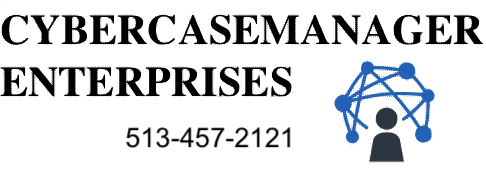The role of respectfulness when capturing knowledge
If you do not capture knowledge in an atmosphere of respect, you will often not capture knowledge at all.
 |
| Anonymous Unknown author [CC BY-SA 4.0 (https://creativecommons.org/licenses/by-sa/4.0)] |
I blogged last week about Cognitive Dissonance – the way that people, when faced with the dissonance between their view of themselves as being a smart human, and that fact that they have made a massive mistake, will generally to be defensive about the mistake and try to explain it away.
“It wasn’t really a mistake” – “Of course I didn’t see the stop sign, it was in such a stupid place” – “The sun was in my eyes” – “Nobody told me it was wrong” – “He pushed me” – “I don;t see why I should say sorry, he started it” – “I’m not wrong, aliens really DO exist; the government is covering it all up”
People become even more defensive if they feel they are being judged. The book I quoted (“Mistakes were made – but not by me“) talks about what happens when friends and relatives confront elderly people who are being scammed.
Confrontation and pleading; saying things like “Can’t you see the guy is a crook? Can’t you see that you are being ripped off?” – doesn’t work. As the book says
Anyone who understands dissonance knows why, Shouting “What were you thinking” will backfire because it means “Boy are you stupid.” Such accusations cause already embarrassed victims to withdraw further into themselves and clam up, refusing to tell anyone else what they are doing.
This dissonance-driven “closing up” is overcome by respect and support. Before a victim of a scam will inch back from the precipice, they need to feel respected and supported – they need to be listened to uncritically.
This translates into the world of Knowledge Management as well.
Openness is a pre-requisite for effective knowledge capture and transfer, and defensiveness will destroy the process. It is part of the role of the facilitator to set the tone of openness, and you do that by encouraging an atmosphere of respect and support.
Take the lessons identification meetings for example – the Retrospects and After Action Reviews. You may be reviewing a project which was a disaster – a catalogue of terrible blunders – but the facilitator must respect the team. Maybe they made stupid mistakes, but that is not because they were stupid people, and the team must feel that you know this, and acknowledge this.
Be respectful, ask them what happened, find out what was going on that made them – the smart people that they are – make the decisions that they did.
- Be uncritical.
- Listen carefully.
- And make sure that others are respectful as well.
“I don’t want to be critical of my past self” he said at one point. “I was just a kid, and I didn’t know then what I know now. If I was me back then but with the knowledge I have now, I would not have made that mistake”.
He did not want to be critical, and as the interviewer and facilitator, I could not be critical either. I needed to be respectful of both his present-day self and the “kid” he was back then.
I also remember running one lessons capture meeting where we had invited some people from other projects to listen to the proceedings. Half way through, one of the visitors, unable to keep silent any longer, burst out with “What on earth led you to make that decision? What were you thinking?”
Instantly the metaphorical temperature in the room dropped below freezing, and the project team (who had been so open in exploring their mistakes) clammed up as the cognitive dissonance came roaring back into their brains. It took quite a while to get the trust and respect back into the room, so that we could continue.
That’s your role as a facilitator – to recognise the atmosphere, and to set the climate of respect and support that allows the openness that we need; respect for the people, for the learning journey they have been on, and for their generosity in sharing knowledge that may have been painfully won.
This is especially true when capturing knowledge from mistakes, where you need to respect not only the people in the room, but also the people that they were at the time the mistake was made.
Tags: Archive

Leave a Reply